We have been instrumental in shaping building organizations and working environments since 1956. And ever since the “office landscape” revolution of the 1970s, we have been setting international standards for planning working environments. combine represents the symbiosis of two leading consulting firms, Quickborner Team and macon, and has been living up to its visionary roots since 2015.
Production of practical office furnishings at the business established by the founders’ father, in 1946 (Velox-Metall- und Papierverarbeitungswerk Herbert Schnelle).
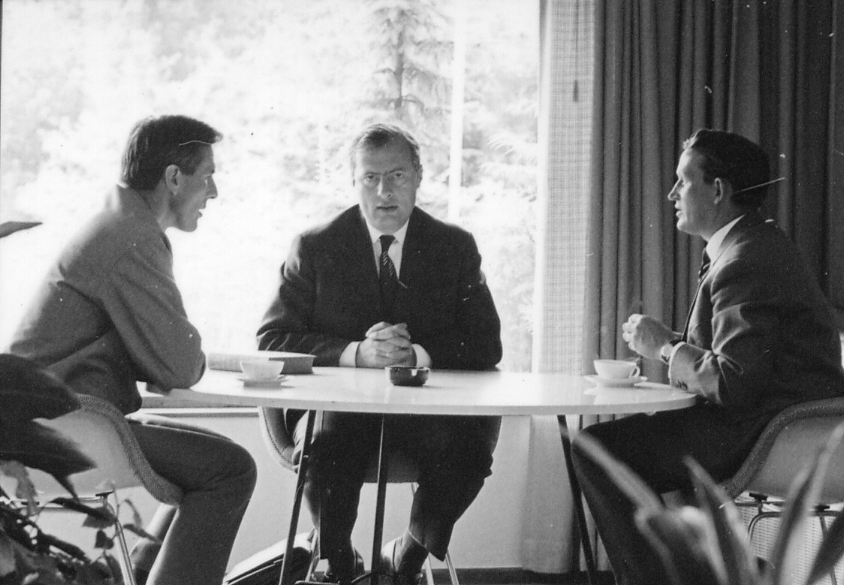
Six decades of groundbreaking work make it an integral part of architectural history.
With innovative concepts for office space design, Quickborner Team began shaping the modern office landscape in the 1950s.
The planning team helped advance a new understanding of the workplace and an international paradigm shift.
1956:
Eberhard and Wolfgang Schnelle team up with Hermann Dunst to form a new company called Velox-Organisation Hermann Dunst GmbH, located on Hamburg’s Hochallee.
1962:
The move to Quickborn
The fast-growing company moves to Quickborn, in the state of Schleswig-Holstein. A row of townhomes is built in pavilion style for the planning office and apartments for employees. Four years later, the company is officially called Quickborner Team Gesellschaft für Planung und Organisation mbH, or QT for short.
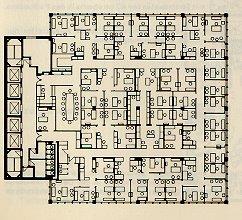
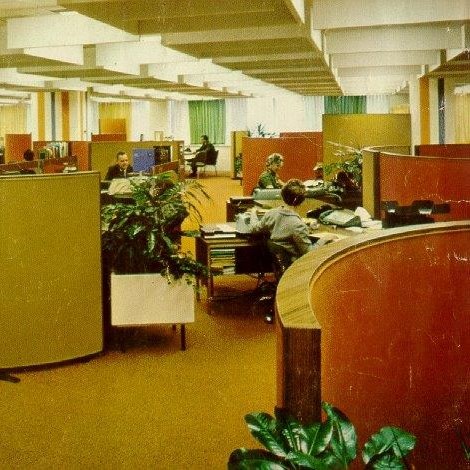
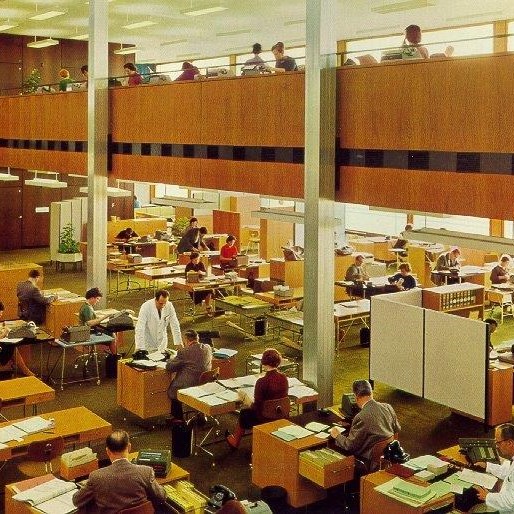
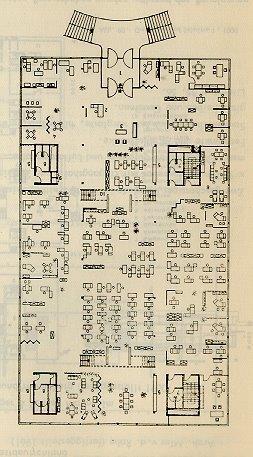
1967:
International expansion
QT exports its revolutionary “office landscaping” concept to other countries. Dubbed “the German radicals” by the New York Times, the planners make their U.S. debut by planning the office landscape at E. I. DuPont de Nemours & Co. in Wilmington, Delaware, followed by Eastman Kodak in Rochester, New York, Mercedes-Benz in New York, and a new building for the U.S. Department of Labor in Washington, D.C. Major international contracts in Hong Kong, Shanghai, Venezuela, the Netherlands, and Sweden follow.
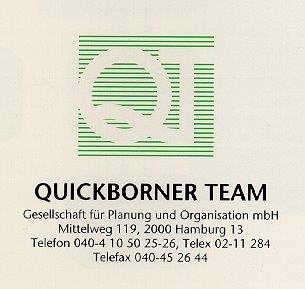
1971:
Optimization of office organization and office processes at the German Chancellery in Bonn
A prestigious contract that already utilizes Metaplan, a method developed by QT for moderating decision-making processes
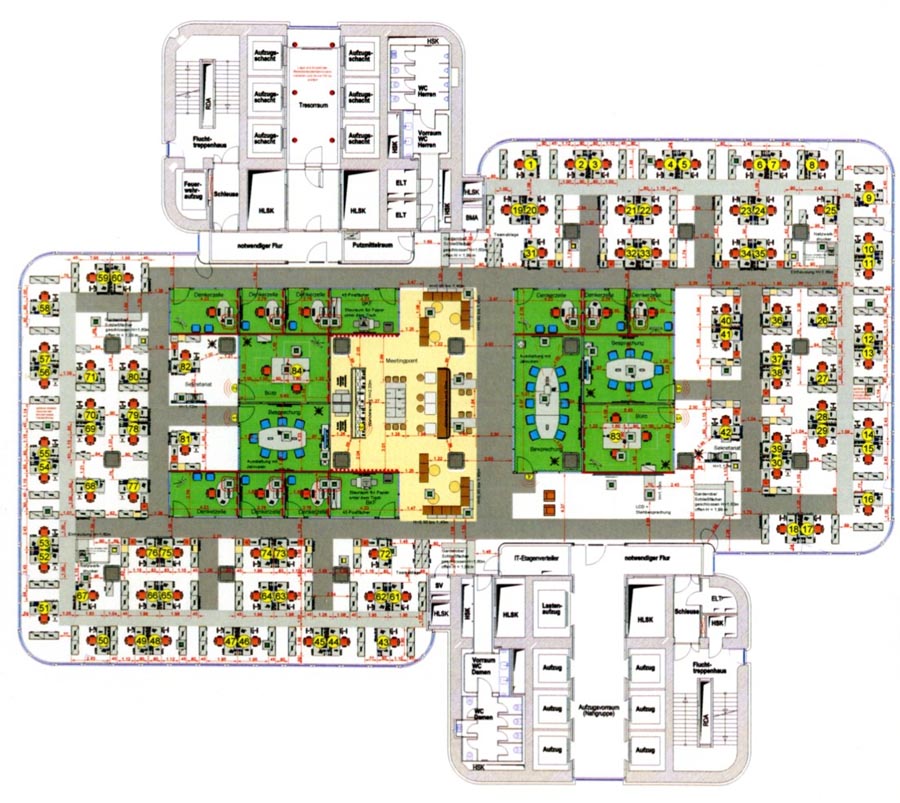
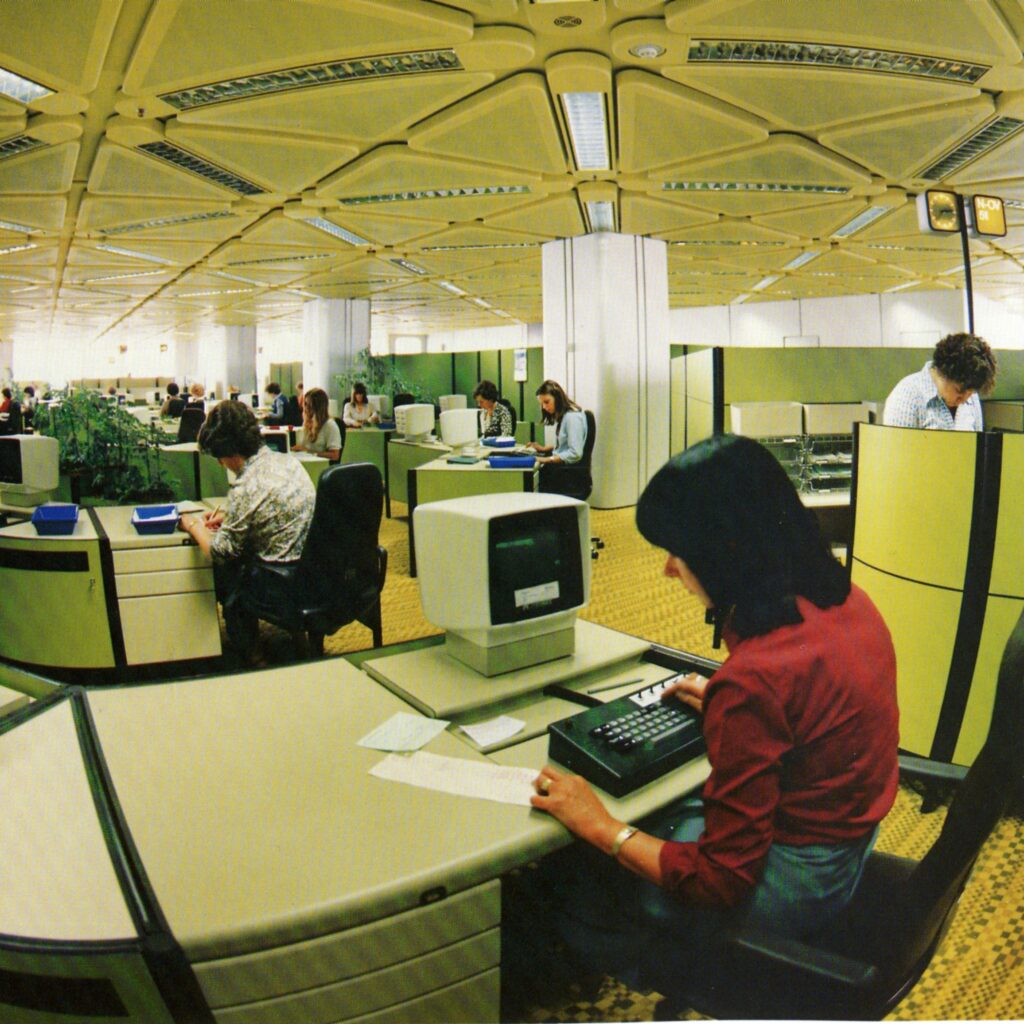
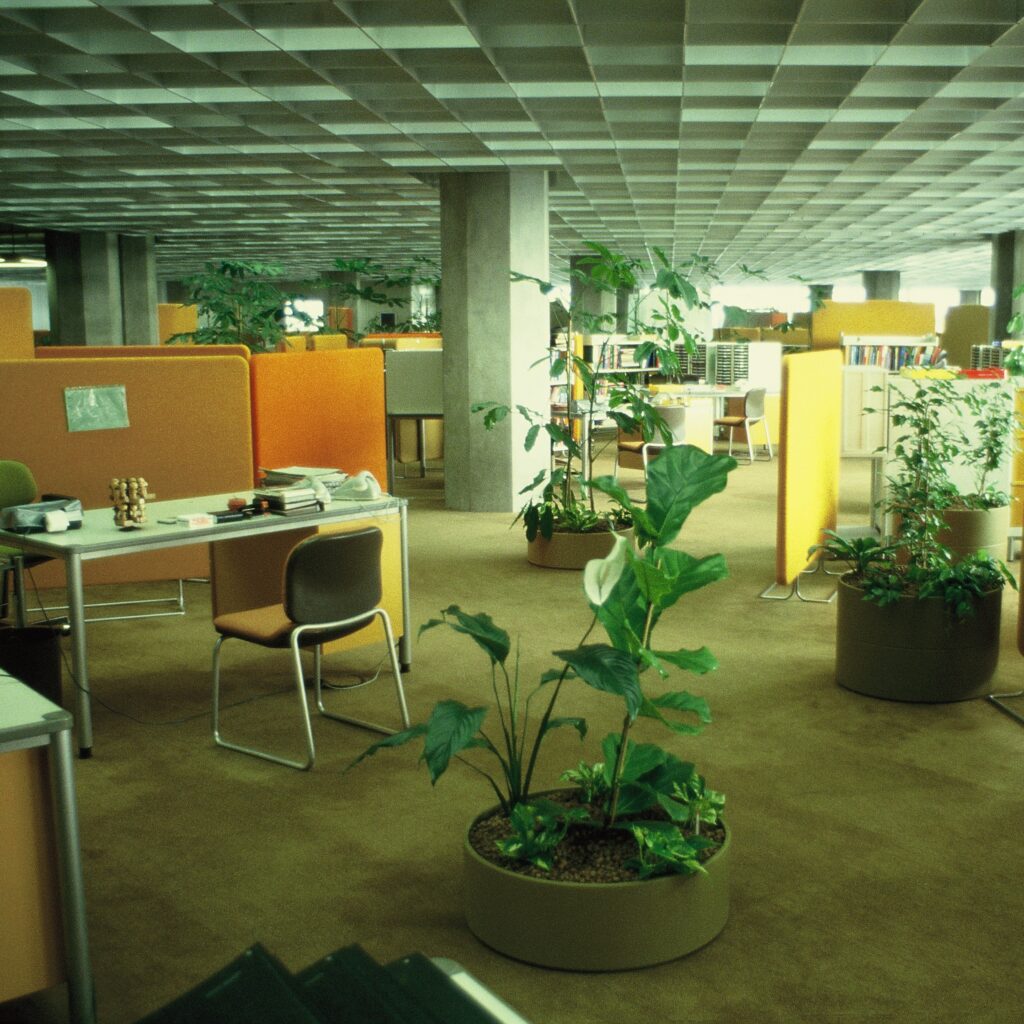
1973:
The Schnelle brothers and Hermann Dunst found consulting firm Metaplan
After the Schnelle brothers leave the company, QT moves back to Hamburg, this time to a location on Mittelweg in the Pöseldorf neighborhood. In Hamburg, the concept of the "reversible office" is developed, leading to increasingly smaller structures in mixed forms of offices rather than the office landscape.
During this time, QT is already advocating the humanization of the working world and an approach to workplace design that goes far beyond arranging walls and office furniture by first getting a big-picture view of a company’s process flows and development and the wishes and needs of its employees and then using that knowledge to create individual work environments.
The 1980s are a time of bold flagship projects for QT.
1980:
Hongkong and Shanghai Banking Corporation, Hongkong
Feasibility study of the cost-effectiveness of the new management high-rise
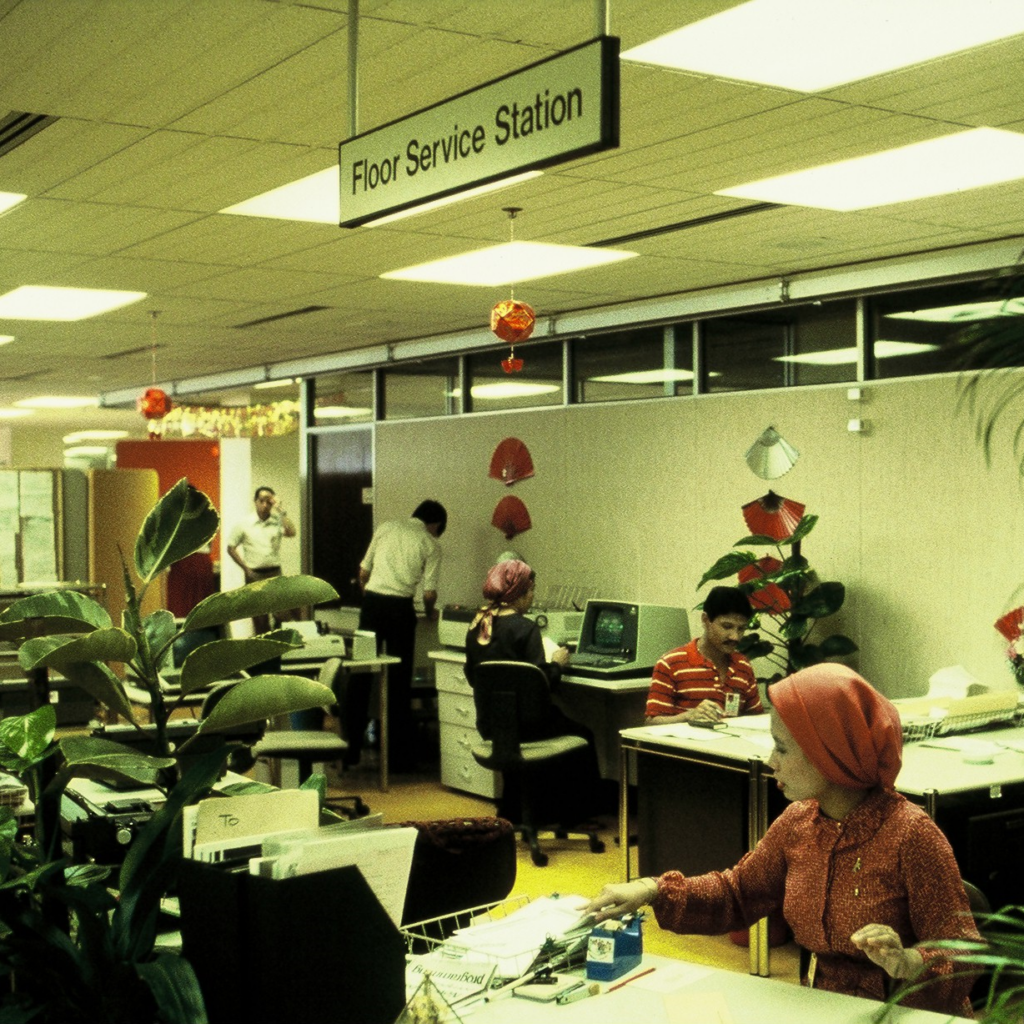
1984-1986:
Colonia Versicherungen, Cologne
Organizational and building planning, implementation of the group space principle
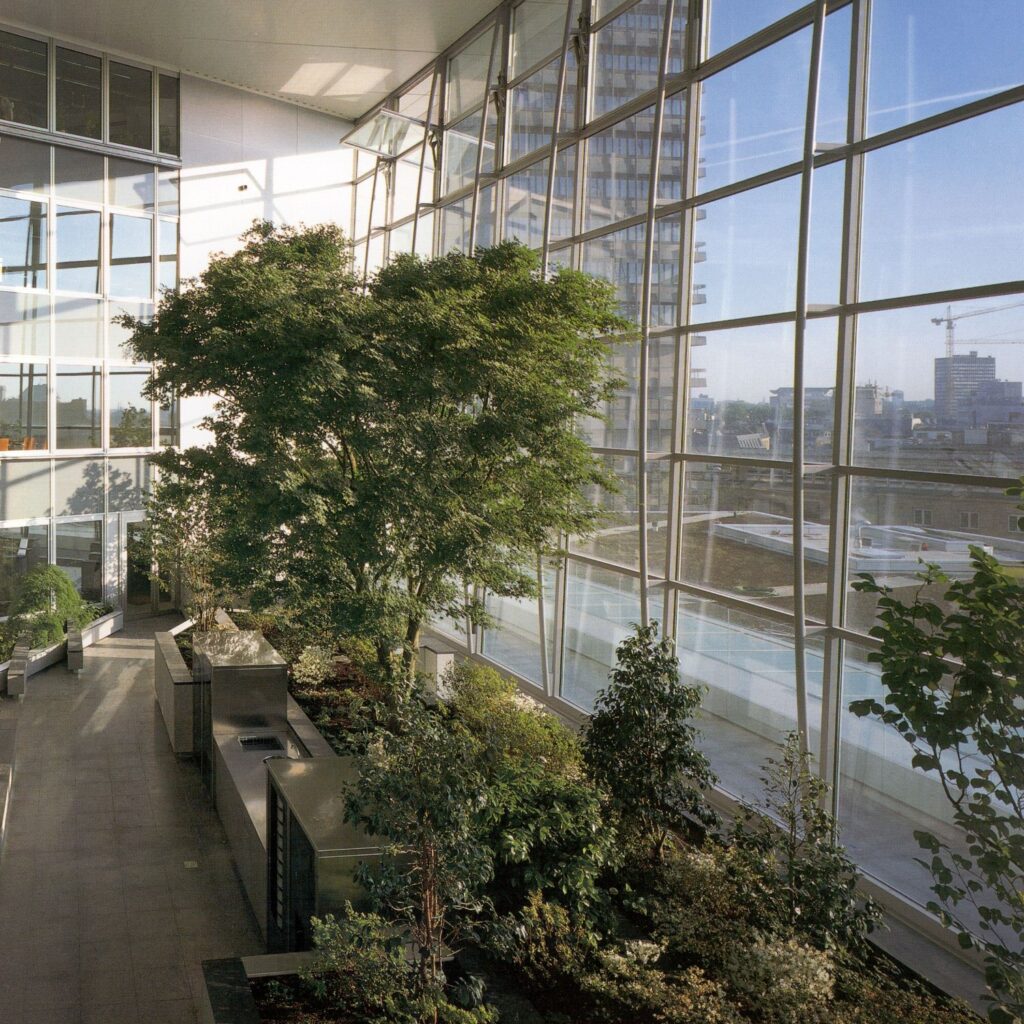
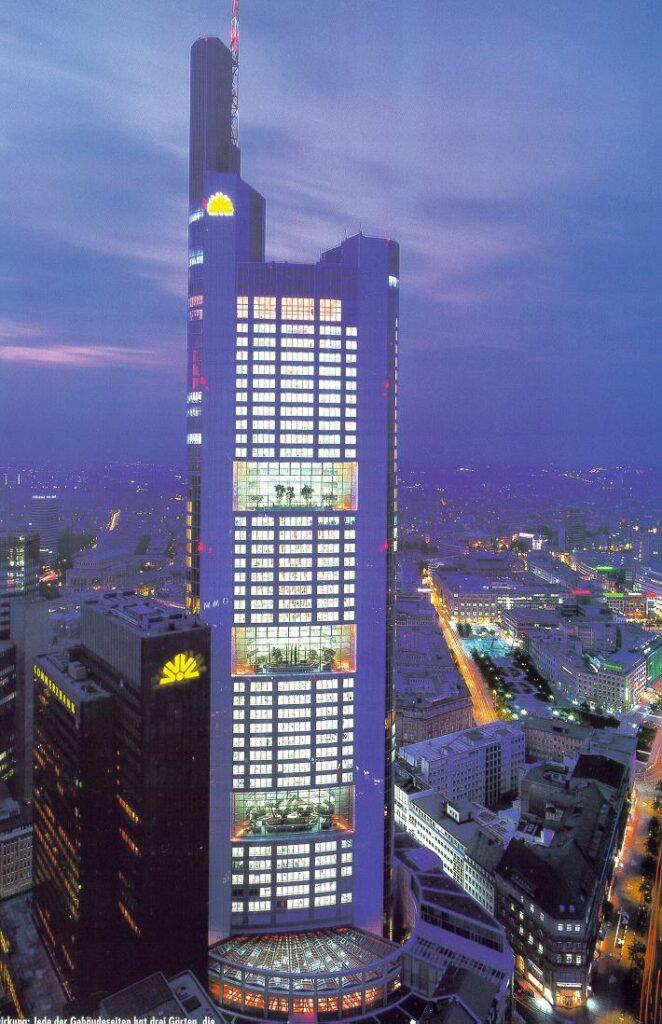
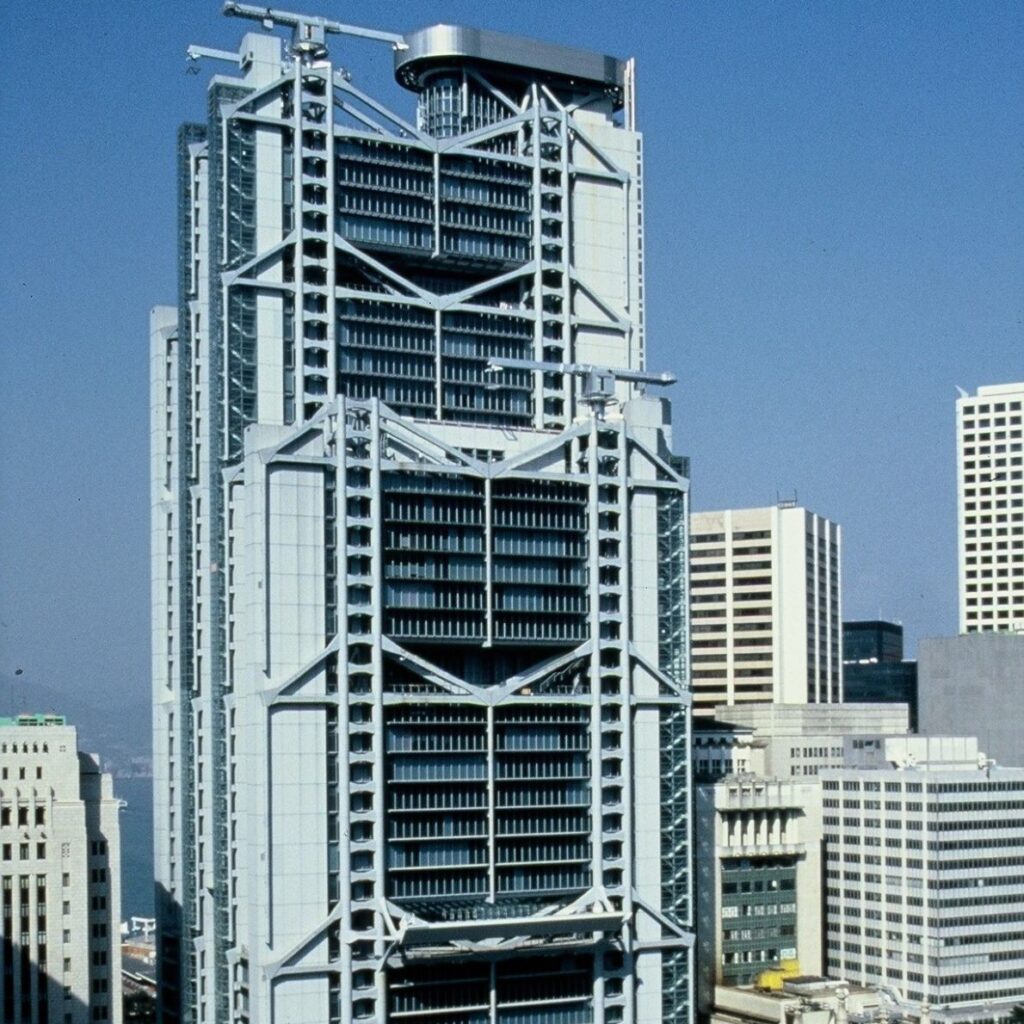
1982:
Singapore Airlines, Singapur
New building planning, airport administrative building
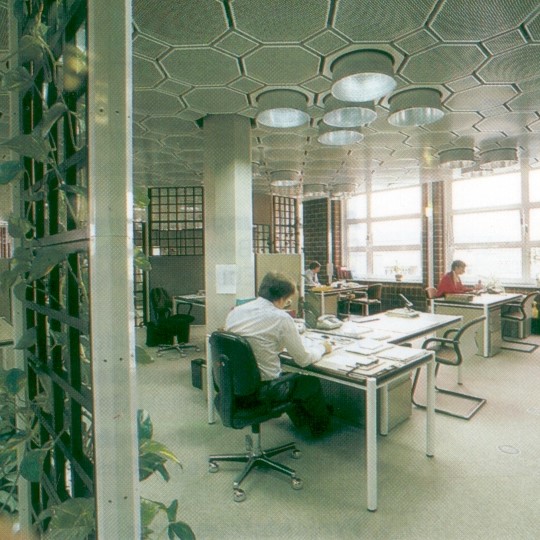
1988–1999:
Commerzbank AG, Frankfurt a. M.
Organizational building planning, from fundamentals to move-in
1993–1996:
Federal Ministry for Regional Planning, Building and Urban Development, Bonn
Demand planning for various ministries: QT is involved in the German federal government’s move from Bonn to Berlin.
1998:
Efficient real estate consulting from macon
Founded in 1998, macon grows rapidly, going from a small owner-operated consulting firm to a major player in the German-speaking real estate consulting segment. With locations in Hamburg, Essen, and Munich and more than 30 professionals, the firm works in various regions and on an interdisciplinary basis.
macon provides advice and active support to decision makers across the life cycles of individual properties and beyond.
The firm’s goal is to achieve measurable efficiency through cost reduction, improved communications, and more harmonious interpersonal collaboration. Its consulting services focus on location strategies, building concepts, and innovative working and organizational solutions for the future.
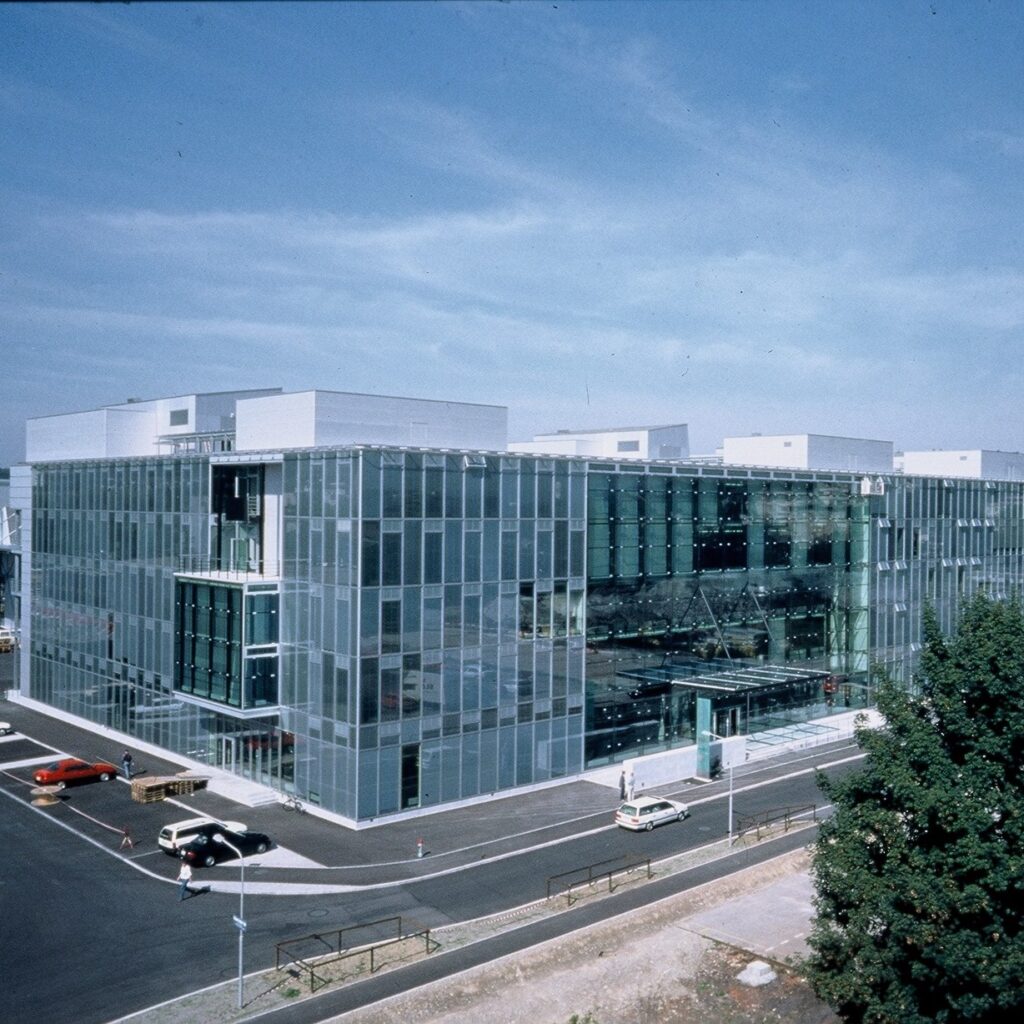
1996-1998:
Gruner+Jahr AG & Co, Hamburg
Advance planning for new building, architecture competition (macon project)
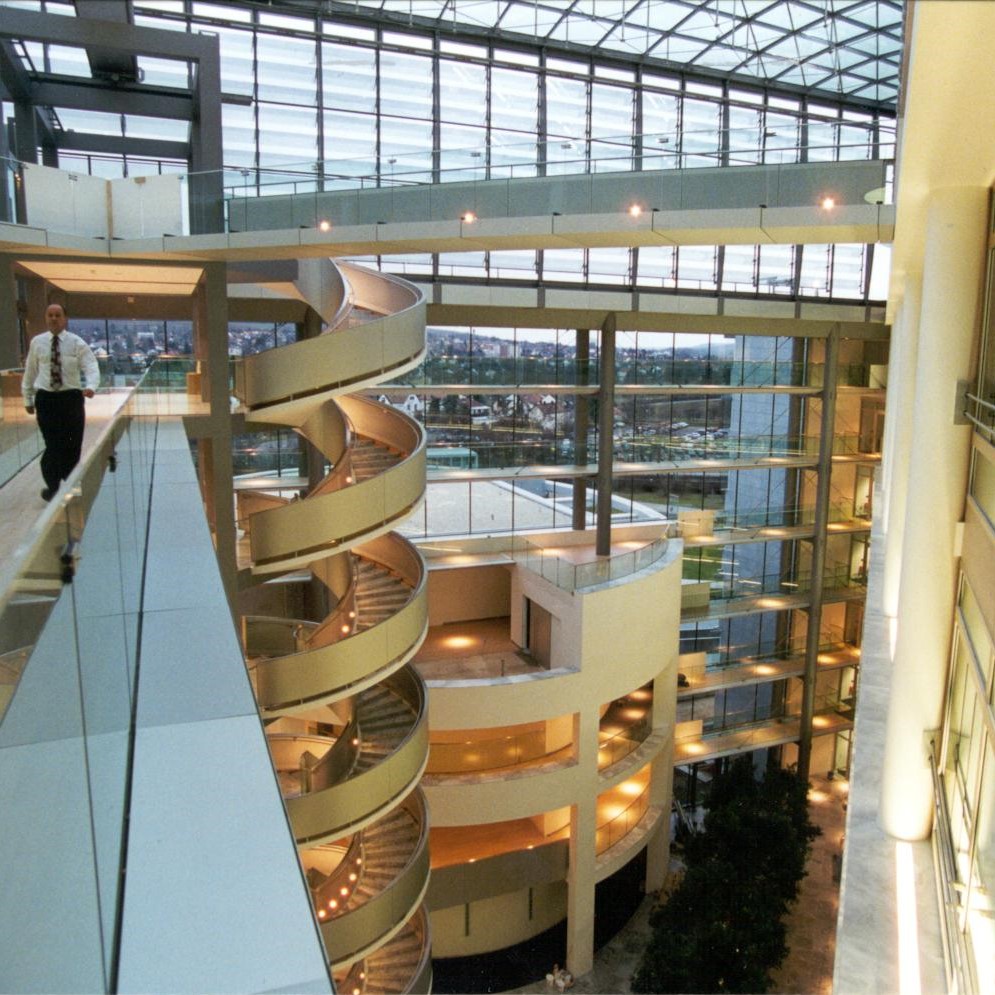
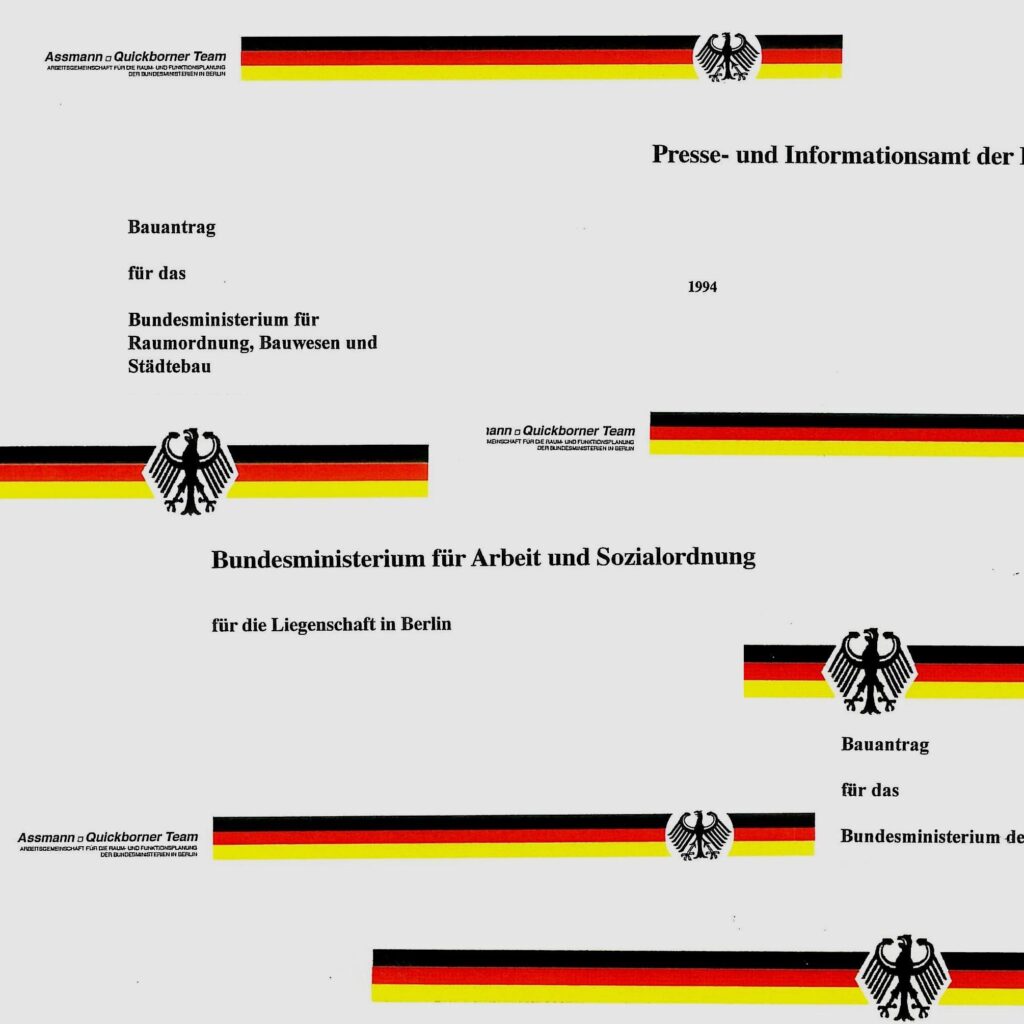

1995-1998:
ABB Hochspannungstechnik AG, Zurich
Innovative working and organizational solutions (macon project)
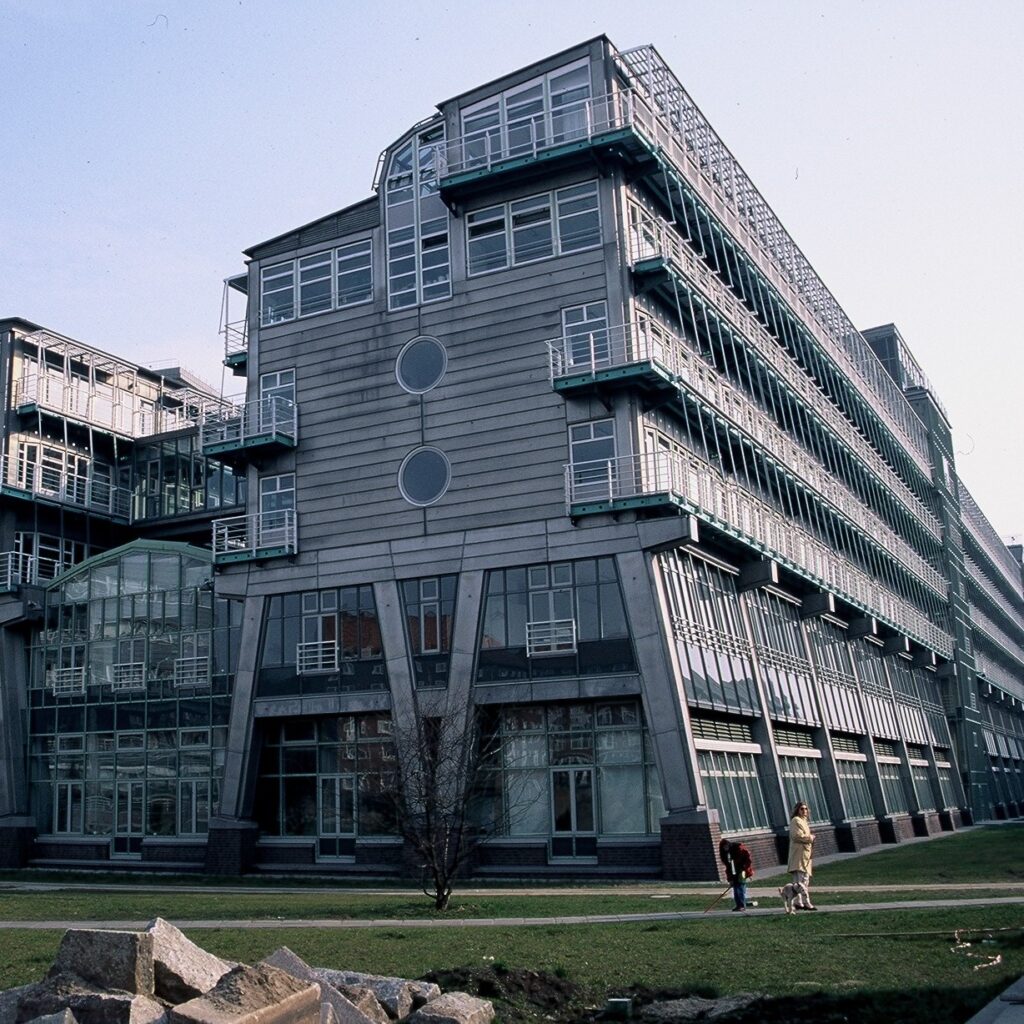
1997–2000:
Boehringer Ingelheim Pharma GmbH & Co. KG
Conceptualization and execution of forward-looking corporate headquarters. In combination offices, werden Einzelarbeitsplätze in Kleinräumen mit einer multifunktionalen Kommunikationszone zu einer modernen Bürolandschaft verbunden (QT-Projekt).
The new millennium brings the cross-location flexible office concept, another QT milestone in developing new working environments.
2001:
Tamedia AG, Zurich
Planning the new media building (macon project)
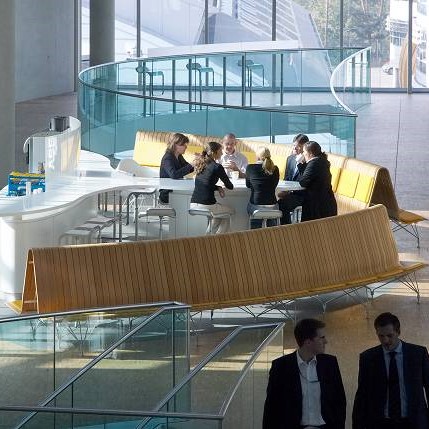
2009:
Unilever Deutschland GmbH, Hamburg
Organizational building planning – from architecture competition to move-in – for the new corporate headquarters in the HafenCity development (QT project)
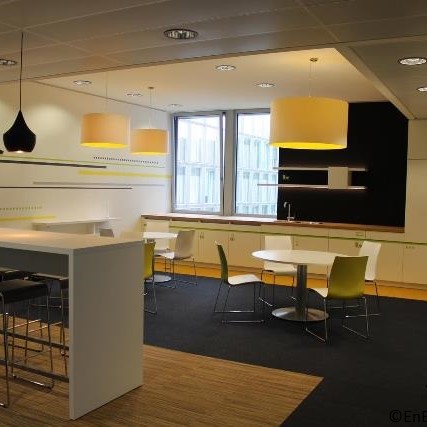
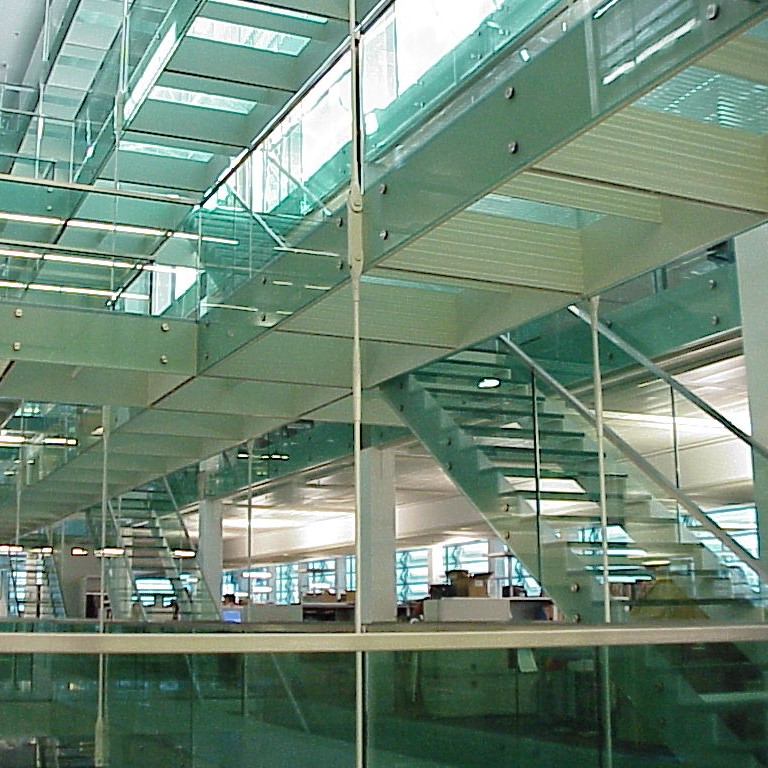
2005:
Deutsche Lufthansa AG, Frankfurt am Main
Organizational building planning for the Lufthansa Aviation Center (QT project)
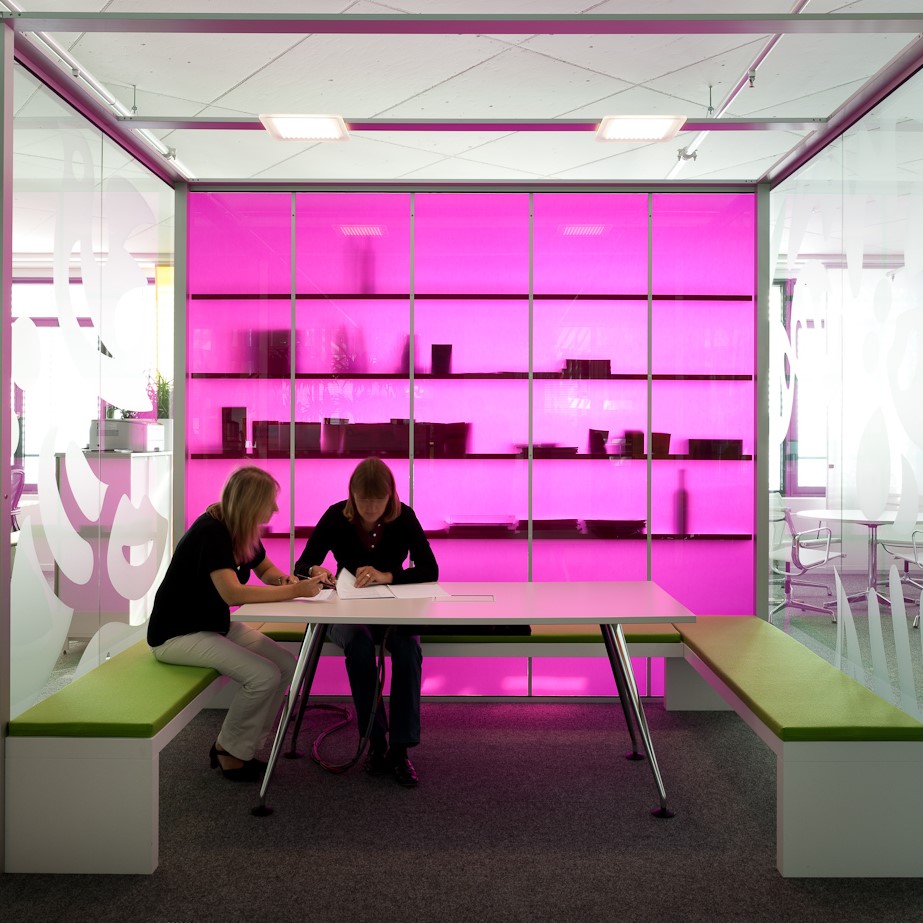
2007:
EnBW Energie Baden-Württemberg AG, Karlsruhe
Conceptualization of new working environments (macon project)
2011:
Spiegel Gruppe, Hamburg
New construction of the company headquarters (macon project)
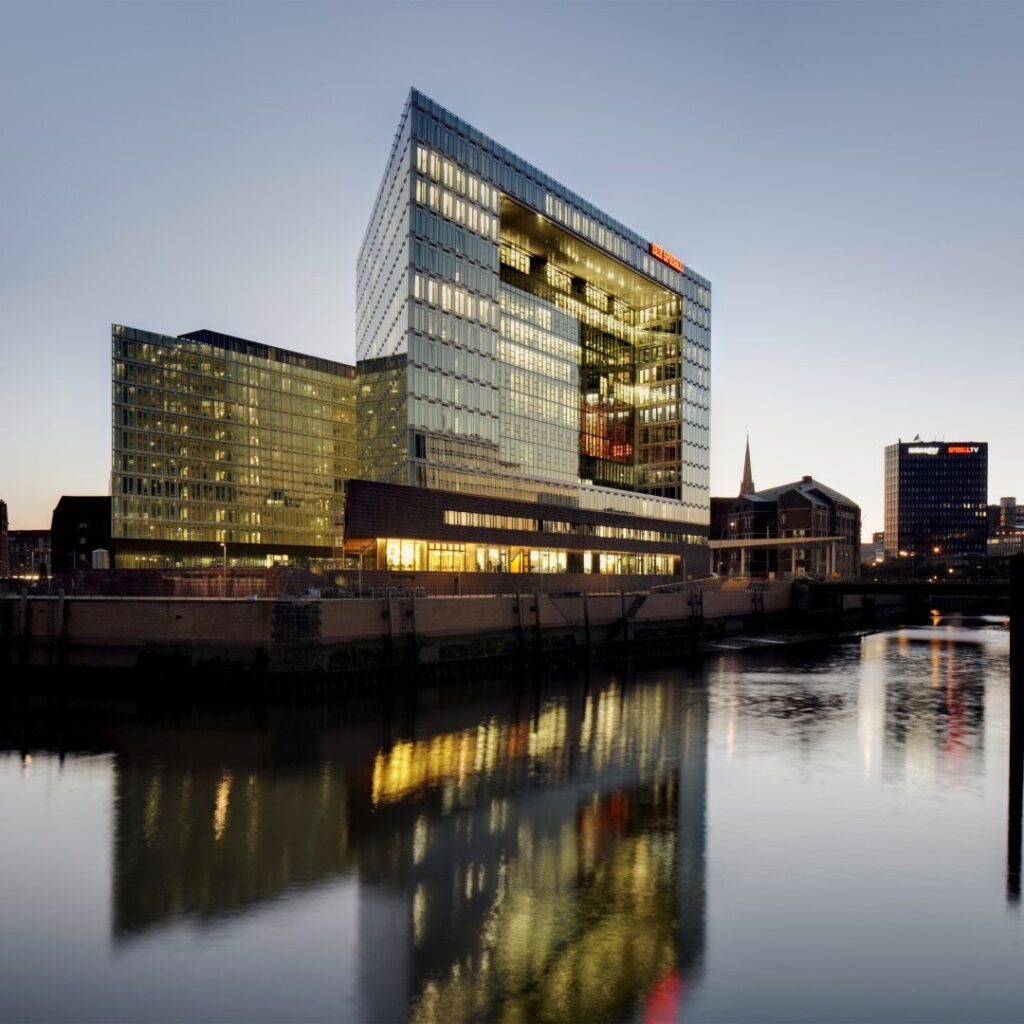
The best of both worlds: the merger
macon and QT join forces to form combine. The merger of two of the most prominent advising firms in the German real estate sector brings together eight decades of experience in a single company. The founding of combine marks a milestone in the development of the modern workplace.
Design
Corporate culture
Office landscape
Real estate consulting
Experience
Efficiency
Vision
History
Personal experience
Real estate management
Space optimization
Flexible office
Autonomy
Identification
Remote work
Location planning